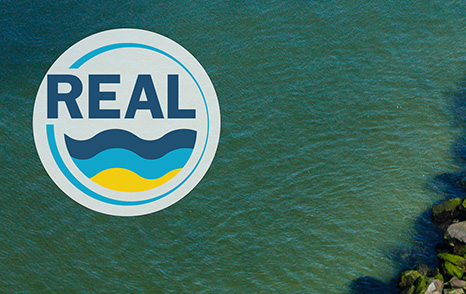
NJ PACT Protecting Against Climate Change
New Jersey is threatened by climate change impacts such as rising sea levels, more intense and frequent storm events and flooding, and increasing temperature.
The effects of these impacts present real threats to the economy, environment and public health and safety of all New Jerseyans.
In 2020, DEP began a regulatory reform effort to help reduce greenhouse gas (GHG) and other climate pollutant emissions while making our natural and built environments more resilient to the impacts of climate change that are now unavoidable.

